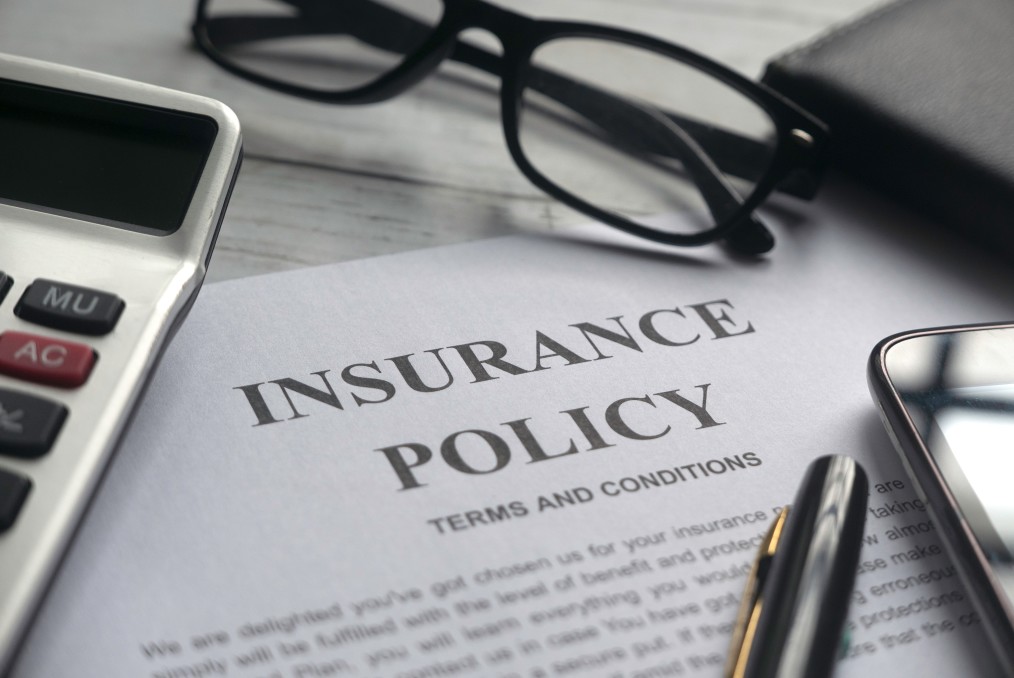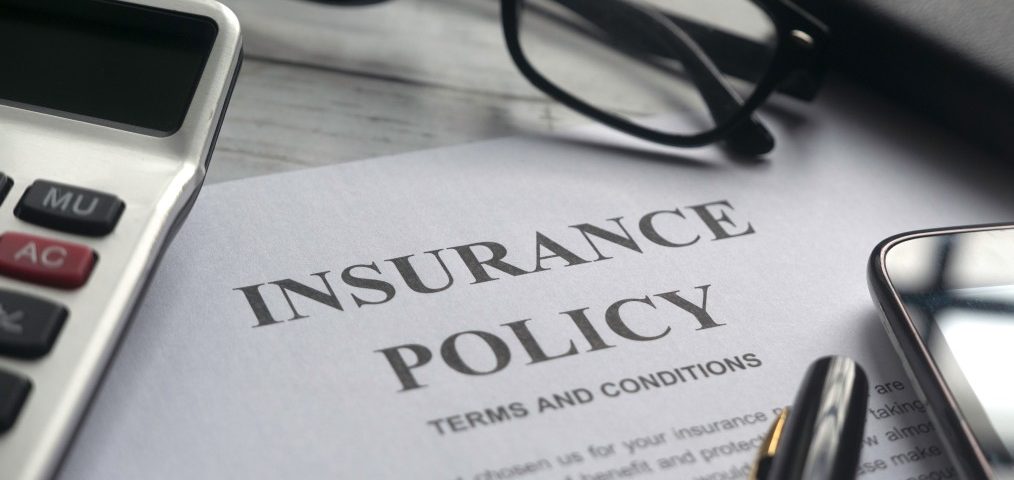How to Deal With Bias Insurers After Motorcycle Accident?

Are Motorcycle Accident Attorneys Expensive?
June 22, 2022
How Not Wearing a Helmet May Affect Your Accident Injury Claim?
July 6, 2022There’s a lot of jargon and policy language in the insurance industry that makes people feel like they are getting ripped off every time they deal with an insurance company. Bias is the antithesis of fair. You need to learn how you can deal with insurance adjusters without being taken advantage of. Understanding how insurance adjusters work is a good place to start.
Bias in the insurance industry
Insurance adjusters use their preexisting bias against motorcycle riders to reduce the amount of compensation you’re entitled to after an accident. Insurance adjusters figure that juries don’t like riders and will not award fair compensation if they had one. Motorcycle accident lawyers routinely deal with insurance adjusters and know how to deal with the bias. Here are some ways to handle this problem.
First of all, it’s important to understand that all insurance adjusters have preconceived notions about riders. Some may think they’re better at understanding motorcycle riders’ side of the story, and others may not be as sympathetic. This can lead you to be treated unfairly in a series of situations. Secondly, police officers may not gather evidence and assign full blame to the motorcycle rider.
Motorcyclists often face a bias from police officers, insurers, and juries. You can’t change their preconceptions but you can fight back. Even if they tell you that you are at fault, show them that you weren’t. You can win a fair settlement by presenting a strong case.
Even though motorcyclists face an uphill legal battle, it’s important to understand that these accidents are disproportionately impacted by insurance companies’ unfair bias against them. This is not to say that they should feel sorry for the victims of such crashes. However, it is possible to fight back against this unfair bias with a motorcycle accident attorney. In addition, motorcycle accident attorneys know insurance laws and can help you fight against insurance companies that are biased against motorcycle riders.
Bias among insurance adjusters
You might be concerned about how insurance adjusters will treat you if you are injured in a motorcycle crash. These professionals are not trained to be impartial, and they can use their biases to lower your claim’s value. It can be particularly frustrating, especially if you have been riding your motorcycle for years. Here’s what you should do to combat this type of bias in the insurance industry.
First, gather as much information about the accident as possible. Contact an attorney if you have been the victim of this kind of discrimination. A good attorney will know how to avoid being influenced by negative attitudes. Biased insurance adjusters may not believe your version of events, so it’s crucial that you contact an attorney right away. This attorney will be able to ensure you receive a fair settlement.
It is important to know that there are many people who have biases against motorcyclists. Motorcyclists are often viewed negatively by juries, insurers, and other drivers. They may then automatically blame you for the accident. As a result, they may be less likely to give you the compensation you deserve. You can get a better settlement offer by hiring an attorney.
Because insurance companies want to avoid paying fair settlements, they are biased against motorcyclists. Because motorcycles are not equipped with built-in safety features, they are vulnerable to severe injuries. In order to maximize their profits, insurance companies often favor motorcyclists. Therefore, they tend to treat motorcyclists poorly and with extreme skepticism. However, it is important to combat the biases of insurance adjusters towards motorcyclists.
Bias in insurance adjusters can be challenging. Even if you have an impeccable driving record, you can’t ignore the fact that the insurance company is biased against them. An experienced motorcycle accident attorney should be consulted if this is the case. These attorneys are well-versed in this field and will be able to represent your best interests and ensure that the insurance company treats you fairly.
Bias in the insurance policy language
In motorcycle accident claims, insurance companies are known to favor motorcyclists. They want to minimize their risk by citing the motorcyclist as partially at fault for the accident and offering low settlement amounts. If you’ve been injured in a motorcycle accident, you need a strong legal team to fight back against insurance company bias. Here are some tips for fighting back against insurance company bias in motorcycle accident claims.
– Gather evidence to disprove the motorcyclist’s guilt. Video footage and eyewitness statements are crucial tools in a motorcycle accident lawsuit. These tools can help your attorney collects strong evidence that contradicts the insurance company’s bias. If a motorcyclist is not wearing a helmet, there are no eyewitness statements to back up their story. Besides eyewitness statements, evidence from the scene can show that the motorcyclist was not at fault for the accident. Cameras can be used to capture the accident.

– Don’t accept any preconceived notions about motorcycle riders. Motorcyclists are more likely to be injured and killed in motorcycle accidents than those who drive passenger cars. Because of this, insurance companies and adjusters are unlikely to be objective in their decisions. It is unfair to place the blame on one group and not another because of an implied bias. As a result, it’s critical to have an understanding of how insurance companies perceive motorcycle riders.
– Use facts to your advantage A skilled attorney will know when to present the facts and what evidence to support your case, regardless of whether you are the victim of the crash. Even the smallest amount of contributory negligence can cause a claim to be thrown out. An experienced attorney can convince an insurance company to accept your facts. Your lawyer can negotiate a fair and reasonable settlement for you.
– Avoid the insurance company’s blaming motorcyclists. This bias can leave injured motorcyclists with a very difficult time getting the compensation they deserve. The financial strains resulting from difficult compensation can even lead to personal bankruptcy. Bikers who are injured in motorcycle accidents can be subject to severe emotional and physical strain. In addition to undergoing pain and suffering, the injured biker can also face a host of other problems including job loss, personal relationship turmoil, and mental health issues.
Bias in industry terminology
In order to avoid liability for motorcycle accidents, insurance adjusters often resort to industry jargon and other tactics. In addition, they may attempt to intimidate motorcycle riders by relying on the terms of the at-fault party’s insurance policy. A motorcycle accident lawyer can help you collect damages in such cases. Whether the fault was yours or not, there are some things you should do to protect yourself.
The negligence of other drivers is a major factor in many motorcycle accidents. Insurance companies will scrutinize your claims with bias in mind. Insurance adjusters may have preconceived notions about motorcycle riders that they don’t share. This makes it even more important to hire an experienced motorcycle accident attorney. A knowledgeable and experienced attorney will stand up for your rights and work with the insurance company in good faith. You can consult a free lawyer if you don’t have one.
Although there is no specific term for it, it refers to a range of biases that are directed at motorcycle riders. These negative stereotypes can hinder recovery. Motorcycle riders are often seriously injured in motorcycle accidents, so many people assume they’re at fault based on facts. While this is not always the case, it can still make a difference. Phillips Law Group can help you navigate the industry jargon in Arizona.
Insurance companies have a clear economic bias. By avoiding motorcycle crashes and installing ABS brakes, motorcyclists can reduce their insurance premiums. But unfortunately, insurance companies routinely assume the motorcyclist is at fault, which leads to denials of valid claims for compensation by injured motorcyclists. It’s unfortunate, but it’s true. It’s difficult to navigate the legal system when you’re dealing with insurance companies.


